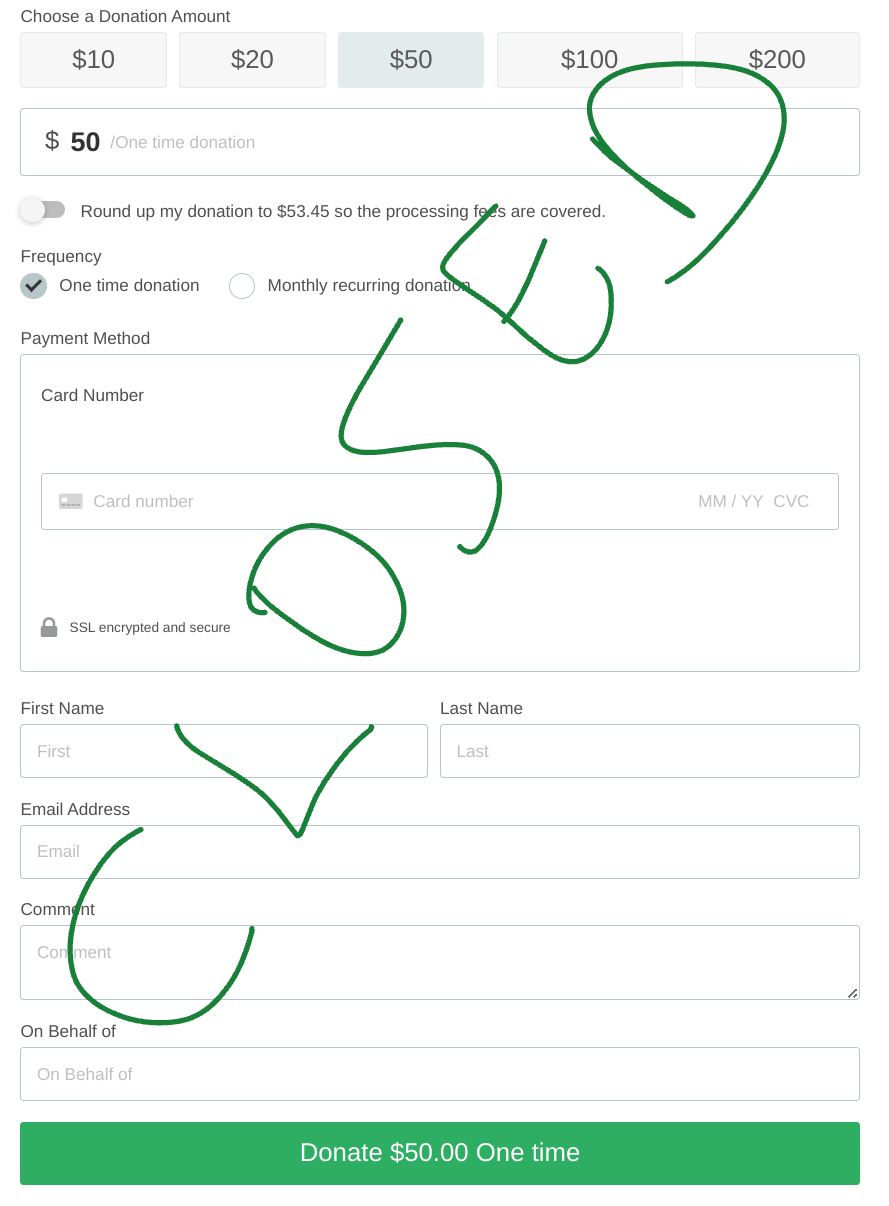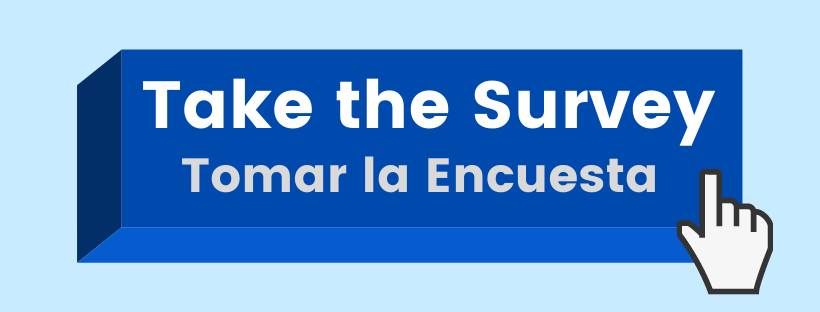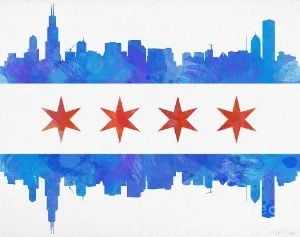What is SB-1?
Senate Bill 1 is an attempt by Illinois legislators to fix the inequitable school funding system here in the state. Illinois currently has the most inequitable public school funding system in the country. Illinois comes in last place for the amount of state money contributed to individual school districts and since most individual district money comes from property taxes, Illinois has the largest gap between wealthy and poor districts in the nation.
In 2016, Governor Rauner convened a commission made up of legislators and the Illinois State Board of Education (ISBE) superintendent and Illinois Secretary of Education. This panel devised a formula that would equalize funding across school districts by taking into account the amount of money each district needs to adequately educate each student ("individual advocacy target") through increased state funds. The state considers a district's capacity for local funding and what the state already gives; this is the baseline the state would use for calculating how much additional funding is needed.
"Those targets are calculated by taking into account a given district’s 'essential elements' – such as the costs for professional development, class size ratios, technology and about two dozen other items – and their cost of implementation based on demographic differences, along with staff salaries based on regional variation," says Matt Masterson of WTTW. Under this bill, no school district would see a decrease in state funding.
What does this mean for Chicago
Since Chicago makes up about one-fifth of the state's school population, Chicago Public Schools would receive about 20% of the funding guaranteed by SB-1. Many critics of the bill see this as a "bailout" for Chicago since the district would receive more money and an offset for legacy pension payments. Others say the district would still be responsible for pension payments under SB-1 and the state funding would only affect per pupil spending, bringing Chicago on par with the rest of the state in this regard.
Paying for SB-1
This bill will only be funded if the Illinois legislature passes a budget, which it has failed to do three years in a row. Currently, Illinois already spends about $11 billion on education annually and would need between $3 and $6 billion more to fund this bill. Likely, Illinois would have to raise taxes in order to fully fund the legislation.
Rauner's Amendatory Veto
First, a note: only a few states allow governors to make amendatory vetos. This means that a governor may veto a bill but send back changes to the chambers. If the chambers pass those changes with a majority vote, the bill is passed; however, the chambers may choose to override the veto completely or the vote can fail, meaning the veto of the original bill stands.
In late July, Rauner vetoed SB-1 with amendments: namely, $100 million for a "tuition tax credit program." Under this law, $100 million in property taxes would be diverted into a fund to be used by students to attend private schools in Illinois. Since property taxes are used to fund schools under the current system and SB-1, this deferment amounts to public school money being used to pay for students' private school tuition. Right now, the legislation proposes that a family of four making up to $113,775 would qualify for a scholarship, which is 67% of Illinois families today.
This amendment to SB-1 is seen by critics and public education advocates as a school voucher program that would divert money normally given to public schools to private schools which do not receive the same oversight of programming by the state as their public counterparts.
A provision of the recently passed budget in Illinois stipulates that schools will not receive funding until all budget concerns are resolved, which means schools could be waiting for this veto fight to resolve. Most schools in Illinois have started the year now and are waiting for funding to remain open for the school year. You can read more about school vouchers and their impact on the state's children here.
Why should you care?
Children in the US are guaranteed equality in public education. That education should be fully-funded, equitable, and rigorous. Things like school voucher programs undermine a child's access to free and equitable education by diverting money that should be going to public schools to private institutions that receive little or no government oversight. HNA has long advocated for the funding of our neighborhood public schools in Chicago. With proper funding, these institutions can thrive as community centers that provide all children with equitable, rigorous, and diverse educational opportunities.
Even if you don't have children or those who attend public schools, your tax dollars (property and otherwise) fund these institutions. As a taxpayer, you have a say in how this money is spent and you can advocate for fair and equitable public education by contacting your representatives and exercising your right to vote. "[Rauner's proposed tuition tax credit program] would both undermine public schools around IL by incentivizing businesses and individuals to pay for scholarships to get a full tax write-off, and it would siphon off $100 [million] from the public good," says Raise Your Hand IL.
From Raise Your Hand Action:
So what’s next? The Senate has already overriden Rauner's veto of SB1, but it’s unlikely they would have enough votes in the House. If the Senate overrides the amendatory veto, but the House doesn’t have enough votes, the bill dies. It’s also possible both sides will begin to negotiate and find some middle ground, but from what we’re following in the press, it’s not looking positive.
Take an action step, write an email to your own legislator, and then share our materials with your friends and relatives elsewhere in Illinois and ask them to write or call their legislators and the Governor (217-782-0244).
SB1 is #NotaBailout, and our state can and must do better. Thanks for joining in the fight to protect and support public schools in Illinois.








